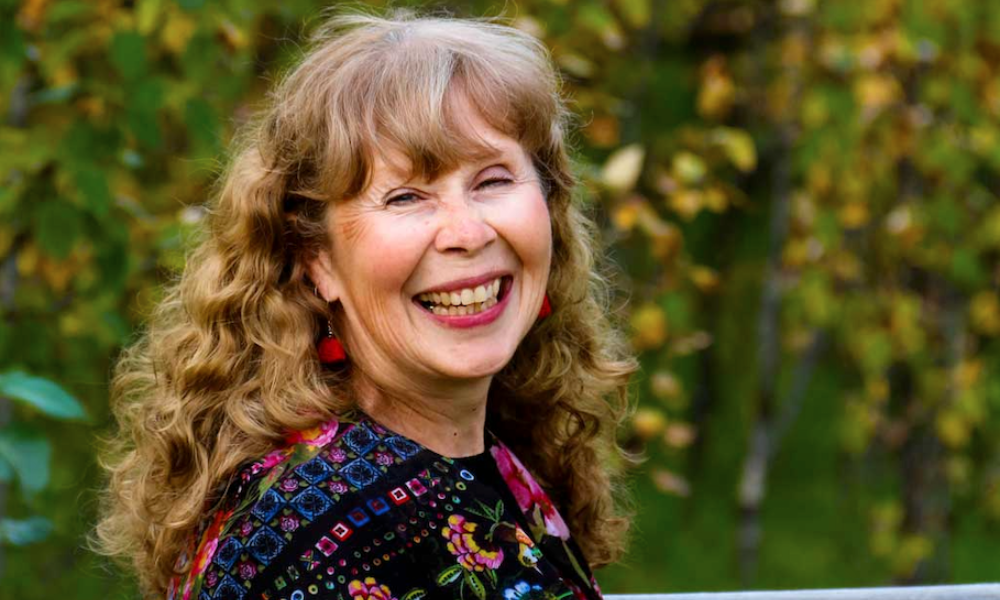
She brings more than 40 years of legal practice and justice reform experience

Diana Lowe has been appointed the first-ever director of the University of Calgary’s newly established Centre for Transformation.
The centre, which is under both the social work and law faculties at the university, aims to reform family justice in Alberta by providing access to support and minimizing families’ emotional toll and trauma. As director, Lowe will manage the centre’s day-to-day operations.
She will also collaborate with its new research chairs and faculty members to develop evidence-based approaches improving the accessibility and responsiveness of the family justice system to Alberta families’ needs.
“The Centre for Transformation is a once-in-a-generation opportunity to do something truly different. We are not merely reforming the system—we are re-imagining how families can be supported through some of life’s most challenging transitions. It’s an honour to lead this initiative at the University of Calgary.” Lowe said.
Lowe has more than 40 years of legal practice and justice reform experience under her belt. She has been executive counsel to the Chief Justice of the Court of King’s Bench of Alberta and has spearheaded collaborative justice initiatives.
“We are excited to welcome Diana Lowe to lead the Centre for Transformation. Her expertise and passion for improving family justice outcomes will be instrumental as we break new ground in transforming how families access the support they need,” said the deans of the University of Calgary Faculties of Social Work and Law in a statement.
The centre was funded by the Alberta Law Foundation’s watershed $26.8 million community impact donation, which was described by the University of Calgary as being among the most significant contributions to family justice transformation in Canada. It will offer families support and the opportunity to build skills that will help families to address social, relational, parenting, financial, and health-related needs – shifting away from the approach where family matters are mainly considered legal and adversarial disputes.
This approach helps to ease pressure on the courts as it frees up demand for Legal Aid resources. The support will be provided through the joint efforts of community organizations, frontline professionals, legal practitioners, and researchers incorporating knowledge from social work and law, among others.
The centre is also intended to serve as a national and global hub for people to investigate and share evidence-informed approaches to support systemic societal change.